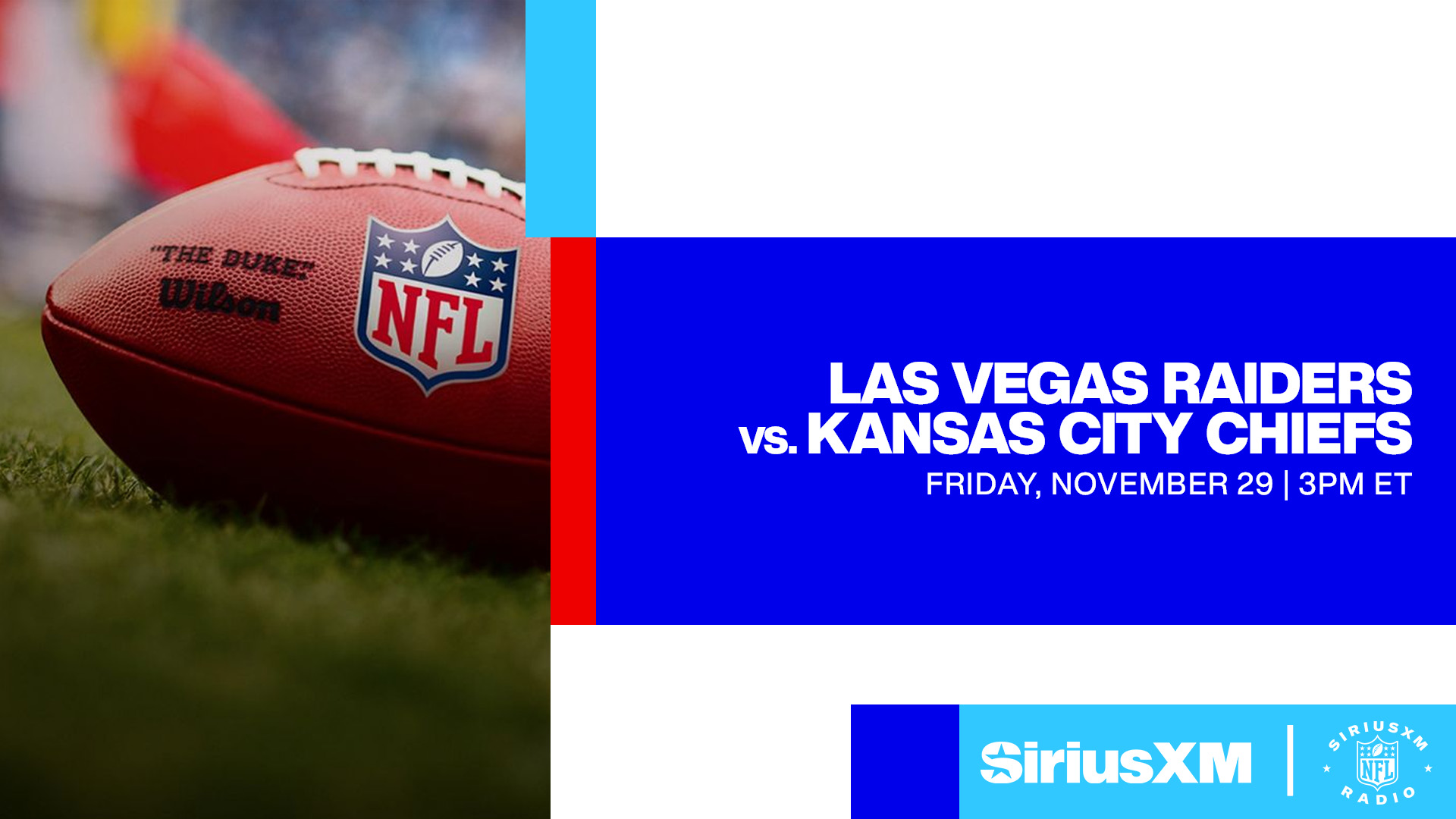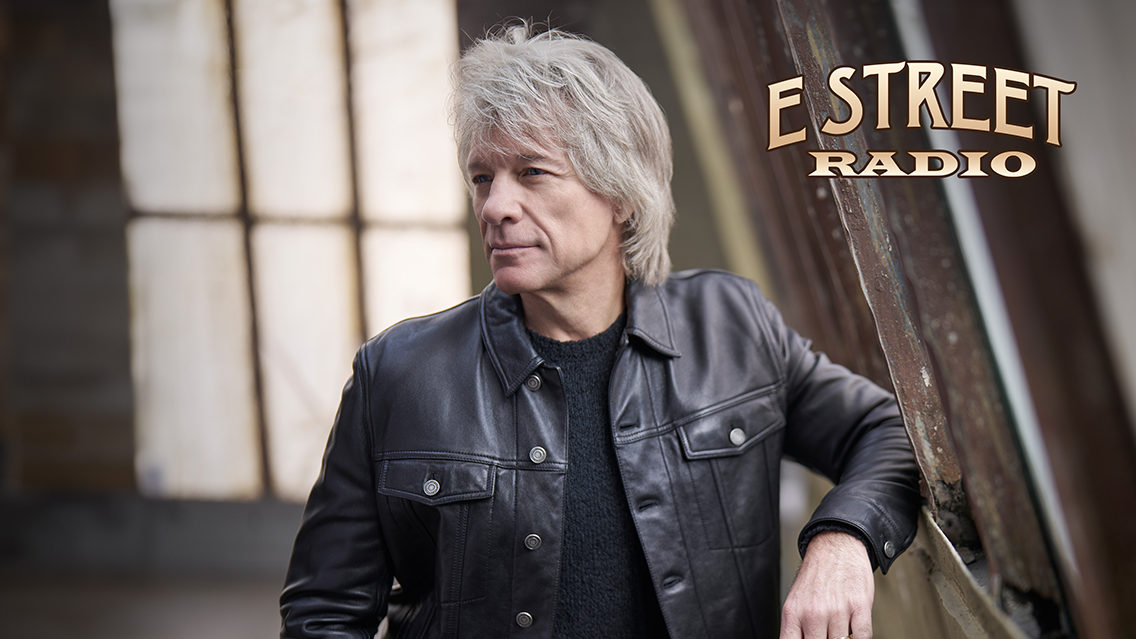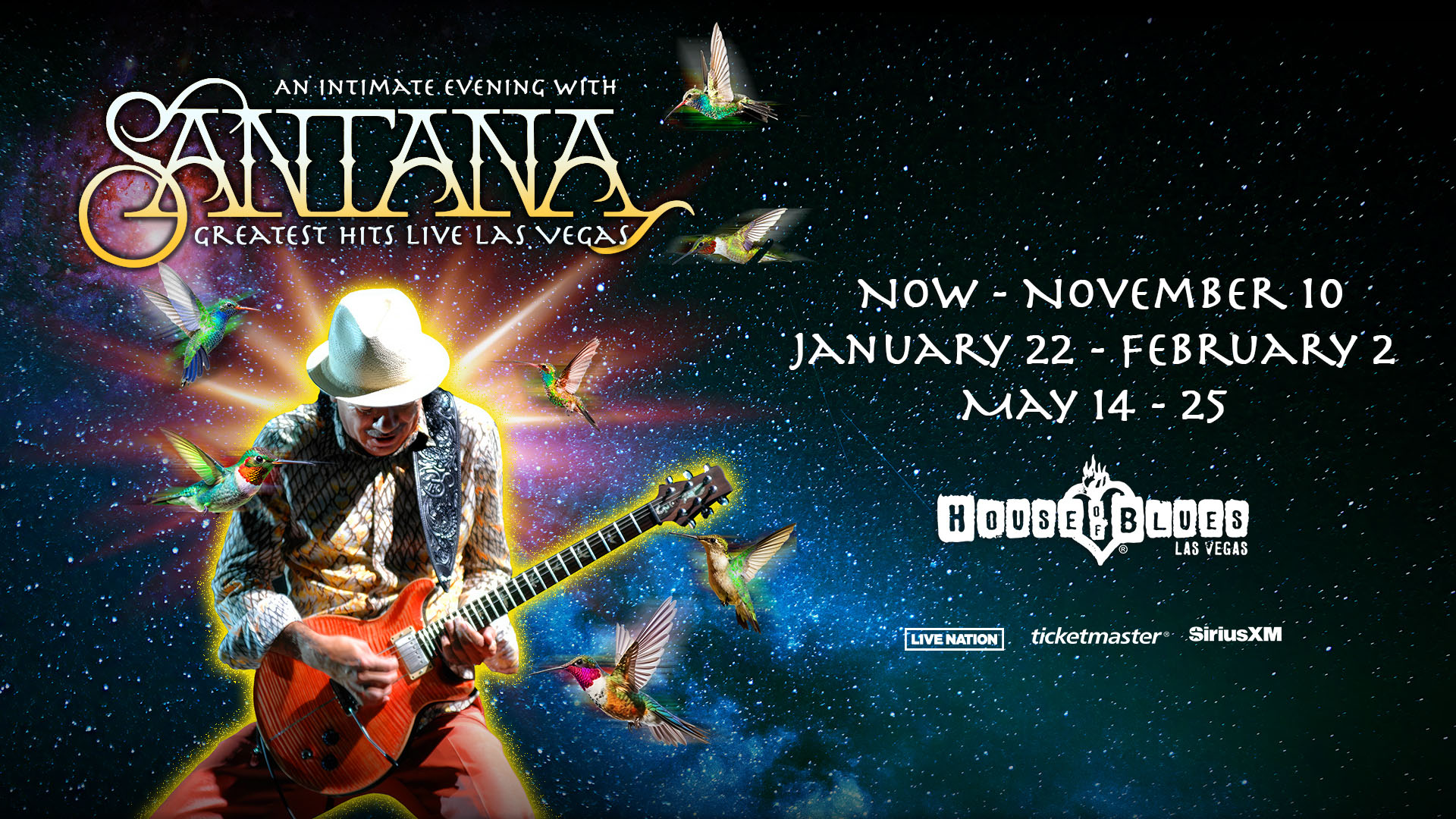At the beginning of comedian James Acaster’s new special Hecklers Wanted, an announcer makes the rules for the evening clear: Unlike other comedy shows, there are very few rules. Specifically, per the title, the audience is encouraged to do almost whatever they’d like to do while Acaster is performing. “I had no idea, when I started the tour, what the result would be,” he tells Consequence. “I was like, this could be bedlam.”
Instead, touring with Hecklers Wanted, now streaming on Max, became an opportunity for the comedian to examine what it means to him to perform in front of a crowd — especially since, following the worst of the pandemic, Acaster was “feeling a lot of trepidation about going back on stage.”
For him, the return to touring meant potentially hitting a wall he’d hit in the past, “where I ended up sabotaging the gigs, telling the audience the gig was rubbish and they were the worst audience I’d had — and then coming off stage and feeling guilty and bad about that. I would just feel bad about the people who had paid to see me, who were now going home disappointed. There’s always going to be people disappointed because you are doing something subjective, but it shouldn’t be because you literally refuse to do the thing they pay to see.”
So, Acaster says, he decided to face that issue within the show itself… though talking about it directly didn’t interest him, because “that sounded like a very boring show to me.” So instead, he decided to just let the audience “do whatever they wanted, so that it wasn’t just a comedian on stage talking about comedy and his relationship with comedy. I wanted it to be about my relationship with the audience.”
The special begins with a clear recitation of Acaster’s rules for the night, spelling out the limitations on attendees, though Acaster was very careful about the way things were worded. While “all the rules were based on how audiences have been in the past,” he says that initially, it was phrased as “the audience is allowed to heckle, the audience is allowed to be on their phones, they’re allowed to talk amongst themselves… And that always felt like it created a bit of a too much of a formal atmosphere.”
So instead, he shifted things so that he was the focus of the rules, such as “‘James Acaster is not allowed to get annoyed at the audience if they do these things.’ Because then all the house rules are on me, so it’s what I can’t do rather than what they are allowed to do. That made it feel nicer.”
The only exception was the rule about audience members being ejected for violence or hate speech. “And I wish I didn’t have to put that house rule in there, but once each tour, those things will happen, and I just didn’t want that to happen,” he says. “So that not-so-fun rule had to be in there.”
However, it’s a rule that does mean the special feels like a relatively safe space, and Acaster acknowledges that “something that I didn’t really address in the show is that there are loads of audience members who really appreciate rules at comedy gigs and hate hecklers and hate people being on their phones and all that. I hate it when I’m in an audience, you know?”
Yet while he knew that “there would be audience members who would get annoyed at the hecklers and get annoyed at people being disruptive, I just had to be like, yeah, you know what, I’m not at any point selling them a different show. Here I am, the show is called Hecklers Welcome. The blurb of the show when they bought tickets said that the audience are allowed to do whatever they like. I understand why people go to comedy and get annoyed when the audience is disruptive, but I really haven’t mis-sold this. And if they do feel annoyed by it, I think it’s a good opportunity for them to reflect on how they feel about live shows. Because, again, it’s as much about them as it is about me, including the audience members who would really like everyone to follow the rules.”

 2 hours ago
6
2 hours ago
6


















 English (US) ·
English (US) ·